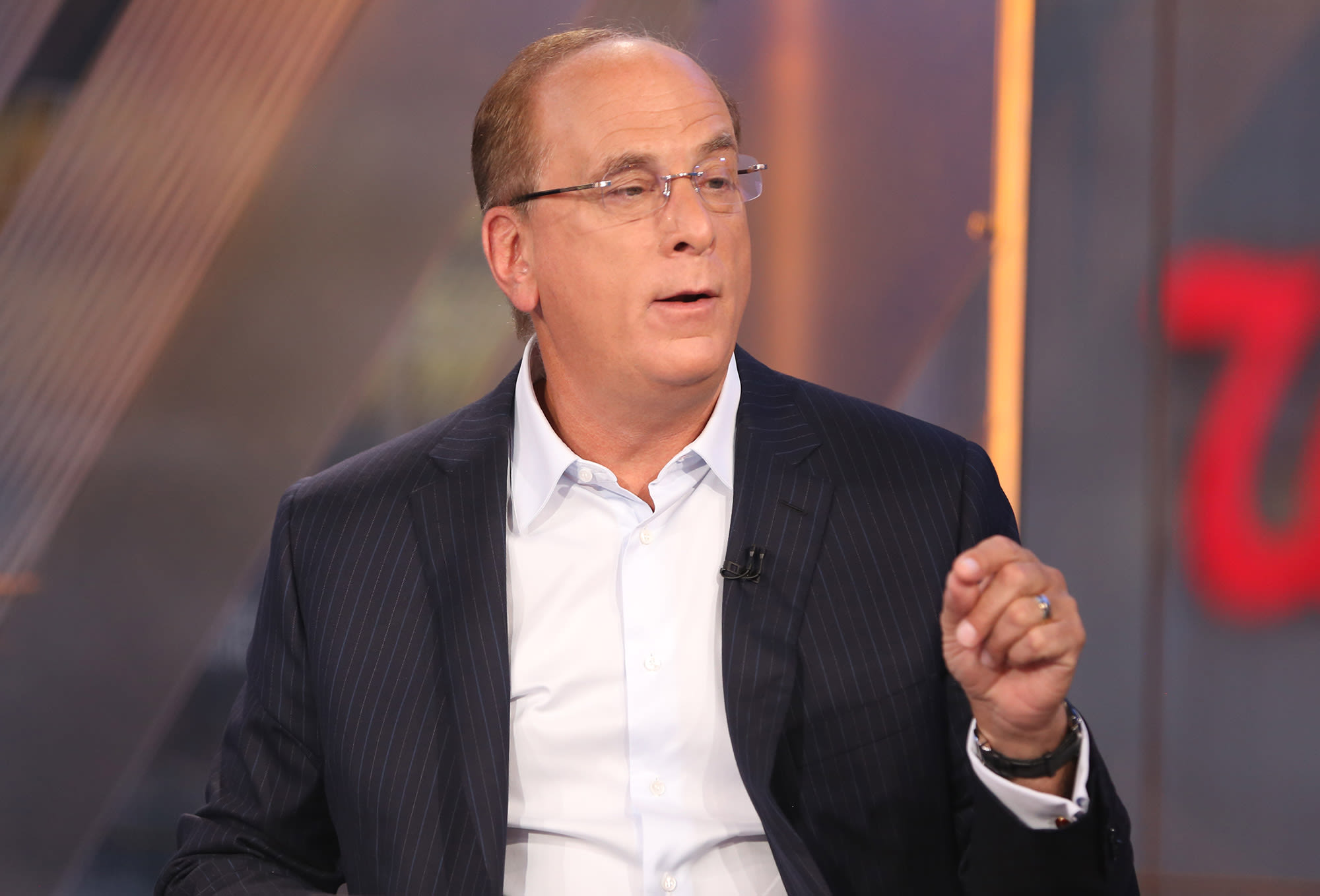BlackRock Chairman and CEO Larry Fink told CNBC on Tuesday he thinks the stock market can continue to move higher, adding to the strong rebound in recent months after the coronavirus-driven sell-off earlier this year.
“I believe we still have more to go on the upside even in front of probably rising infection rates with Covid-19,” Fink said on “Squawk Box.” “We have a strong conviction that the average investor still is under-invested, and they’re going to have to be putting more and more money to work over the coming months and maybe even years.”
Fink said he also believes the prevalence of low Federal Reserve interest rates for longer while the U.S. economy tries to dig out of the pandemic-induced hole will help stocks. Additionally, he expressed optimism that another fiscal stimulus package to support the recovery will eventually be approved, even if it doesn’t end up happening until early next year after the presidential election.
Another factor likely supporting continued strength in the stock market is the influx of more active individual investors, Fink said.
“We are seeing a record amount of retail participation in the marketplace,” Fink said, contending it was more than just novice day traders using online brokerages such as Robinhood. “Across the board, the average investor is putting more and more money to work, which is a good outcome. I do believe that pandemic actually has created that fear of the future and a response is now a higher savings rates in America, a higher investment rate for the long term.”
Fink’s comments Tuesday came shortly after the world’s largest asset manager reported strong quarterly earnings. BlackRock’s per-share earnings of $9.22 surpassed Wall Street expectations of $7.80. Revenues came in at $4.37 billion, topping forecasts of $3.93 billion.
BlackRock’s assets under management rose to nearly $7.81 trillion for the quarter, up from almost $7.32 trillion in Q2 and up from $6.96 trillion in third-quarter in 2019.
Shares of BlackRock were up about 4% in Tuesday’s premarket.
As of Monday’s close, the S&P 500 has risen more than 60% from its intraday low on March 23. The benchmark stock index has been climbing back toward its Sept. 2 closing high of 3,580.84 after a pullback last month, sitting a little more than 1% below that peak.
In April, Fink told CNBC he felt the March bottom was likely the coronavirus-era low for the market. However, in late June, Fink expressed some reservations about the pace of Wall Street’s recovery. He suggested the market was “probably a little ahead of itself” at the time, citing the “real tragedies” transpiring on Main Street.
Fink on Tuesday emphasized the need for more fiscal stimulus to power the economic recovery from the pandemic as millions of Americans remain out of work. He championed the wide-ranging support provided by the Fed, but said it has its limitations.
“Monetary policy … creates more income equality because monetary policy lifts financial assets, and it is really mostly the wealthy people who own all the financial assets, and that’s why fiscal stimulus is so important,” Fink said.
“These deficits will matter some time in the future but it is not a problem for this moment,” Fink added. “I do believe the aggressive nature of central bank behavior is basically foretelling us that we should not worry about rising interest rates at this time so let’s focus on rebuilding our economy over the next year or so, and so we have a more broad-based economic growth for everyone.”
